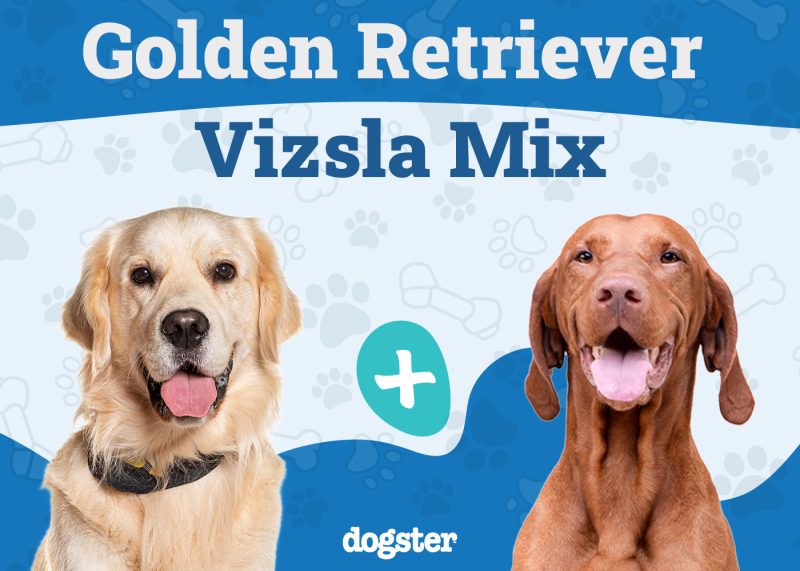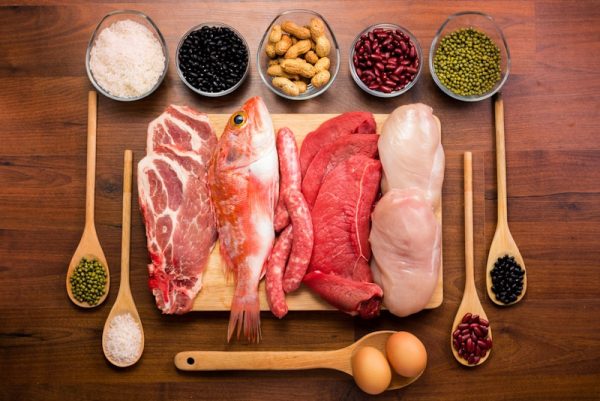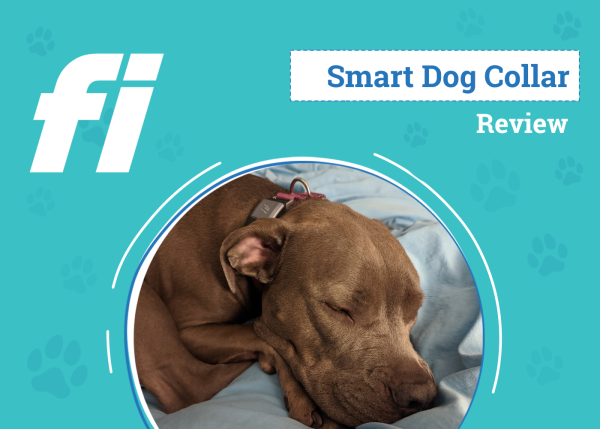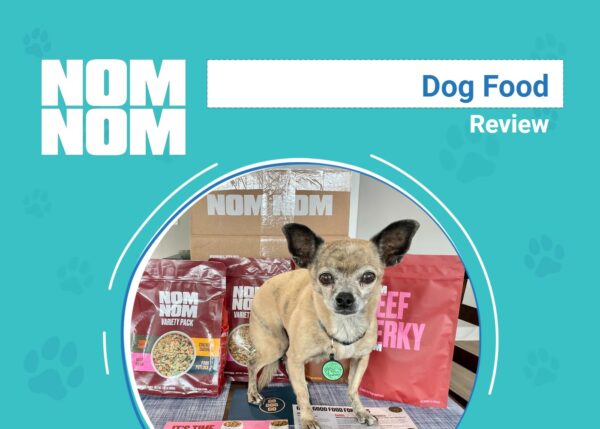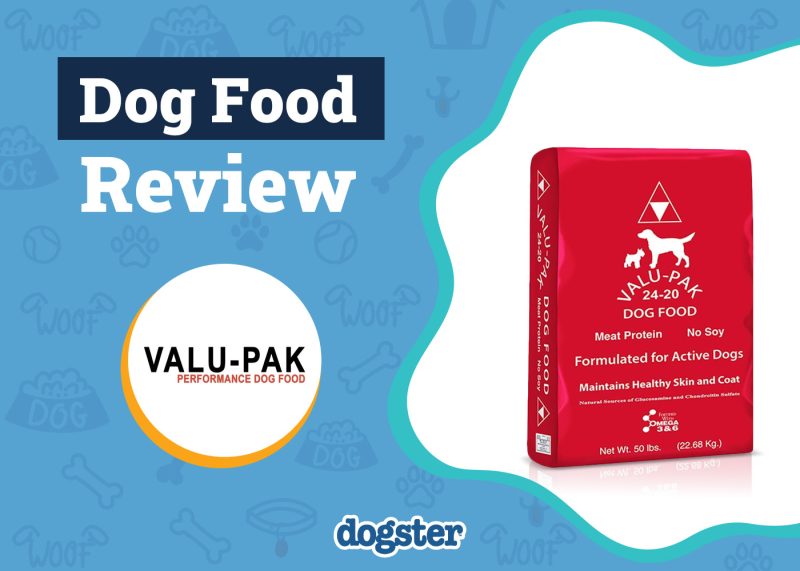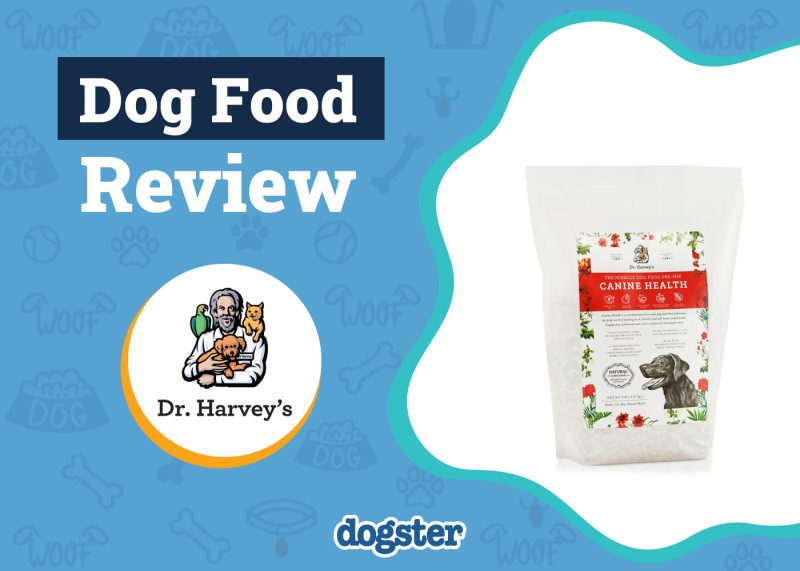In this article
Many of us enjoy the delicious crunch of sesame seeds in our salads or trail mix, and it’s not exactly rare to have those precious puppy dog eyes staring into your soul while begging for just a little bite of what you are enjoying.
As pet owners, we need to be aware of what foods are safe and unsafe for our pets. Some things that are seemingly harmless can have a negative effect on your pooch. So, what’s the deal with sesame sticks, and can dogs eat them? The good news is that sesame sticks are not toxic to dogs and shouldn’t cause any issues if eaten.
But just because something is safe to eat doesn’t mean it’s healthy. In this article we’ll talk more about sesame sticks and whether they belong as part of your dog’s diet.

What Are Sesame Sticks?
Sesame sticks are small, bite-sized sticks made primarily of wheat flour and dusted with sesame seeds. They are either fried or baked and can either be a stand-alone snack or used to top a salad, added to a trail mix, or used in soups.
While the full list of ingredients will depend on the brand, they can come salted, unsalted, or coated in various flavorings. They are high in carbohydrates and saturated fat but do contain calcium, which is a vital mineral for bone, nerve, brain, muscle, and overall health.
Despite being delicious and providing some calcium, sesame sticks should only be enjoyed in moderation by humans, but what about our dogs?

Are Sesame Sticks Healthy for My Dog?
Despite some nutritional benefits, sesame sticks have some serious nutritional drawbacks, especially for our canine friends. Since your dog should be getting all their nutritional requirements from their diet, there’s no reason to feed these tasty, crunchy snacks to your pup.
Now, if your dog were to be a bit naughty and decide to sneak into a bag of sesame sticks, is it going to hurt him or her? No. Sesame sticks are not toxic to dogs, though like anything that departs from their regular diet, consuming them in large amounts could potentially result in some gastrointestinal upset.
It is important to check the ingredient list of the different kinds of sesame sticks so that you are well informed of what has gone into them.
You should always check with your veterinarian before offering any new foods into your dog’s diet and never hesitate to reach out to them with any questions about what your dog should or should not be eating.
If you need to speak with a vet but can't get to one, head over to PangoVet. It's our online service where you can talk to a vet online and get the advice you need for your pet — all at an affordable price!

What Are the Biggest Drawbacks?
Sesame sticks may not be the worst human food your dog can eat, but they certainly aren’t the best. Here’s an overview of the main reasons why they shouldn’t be added to your dog’s diet or even offered as a treat.
1. Salt
Too much salt is not healthy for your dog, and considering that sesame sticks are generally quite high in sodium except for unsalted varieties, you should avoid allowing your dog to eat too many of these.
Sodium levels will remain balanced within the body, but when excess amounts of salt are consumed, it can result in too much sodium in the bloodstream, which draws water from the cells. Salt toxicity can occur if too much salt is ingested at once, which is a very severe condition that can result in weakness, diarrhea, muscle tremors, and even seizures. Thankfully, sesame sticks aren’t likely to contain enough salt to cause this condition, but that still doesn’t mean they are healthy.
2. Fat
Fat is a necessary part of your dog’s daily diet, but they will be getting enough through their dog food. There’s really no reason to feed other sources of fat, not only because it could result in weight gain if fed regularly but also because sesame seeds are often fried in inflammatory oils. There are plenty of other appropriate foods that have healthier sources of fat that would be a more ideal treat in moderation.
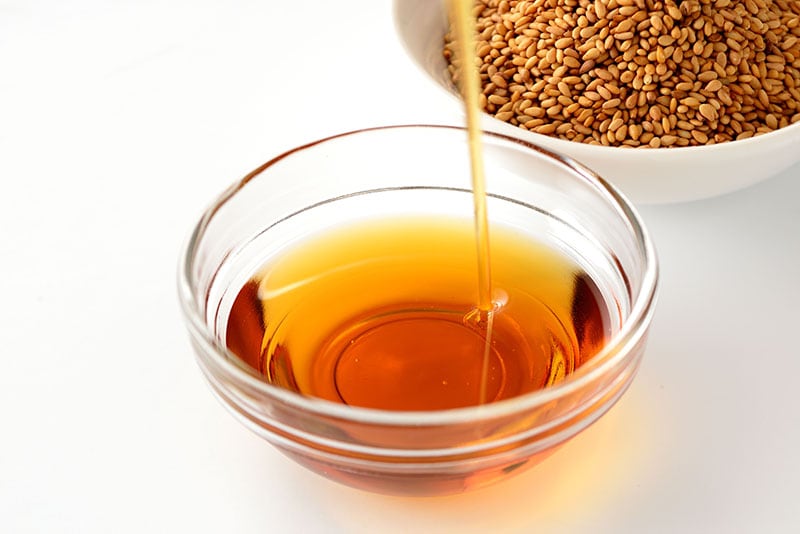
3. Flavoring/Coating
Since sesame sticks can come with a variety of flavors and coating that could be unhealthy for your dog, it’s best to stick to their regular dog treats or healthier human food alternatives. While some of these flavorings may not be harmful, some could contain things like garlic or onion powders, which are toxic to dogs.
A sweet sugary coating is common in certain brands of sesame sticks, and like humans, dogs certainly don’t need excessive amounts of sugar. Keep in mind that sugar from natural sources from food items like fruits and vegetables is perfectly fine in moderation, but the sugars used in coating are in no way healthy and could even cause digestive upset or weight gain if fed often.
4. Carbohydrates
Carbohydrates are part of your dog’s regular diet and are necessary as a source of energy and for healthy digestion, but as with most things, too much of a good thing can have negative effects. Excessive amounts of carbohydrates fed regularly can result in weight gain and obesity.

Human Foods That Make the Best Snacks for Dogs
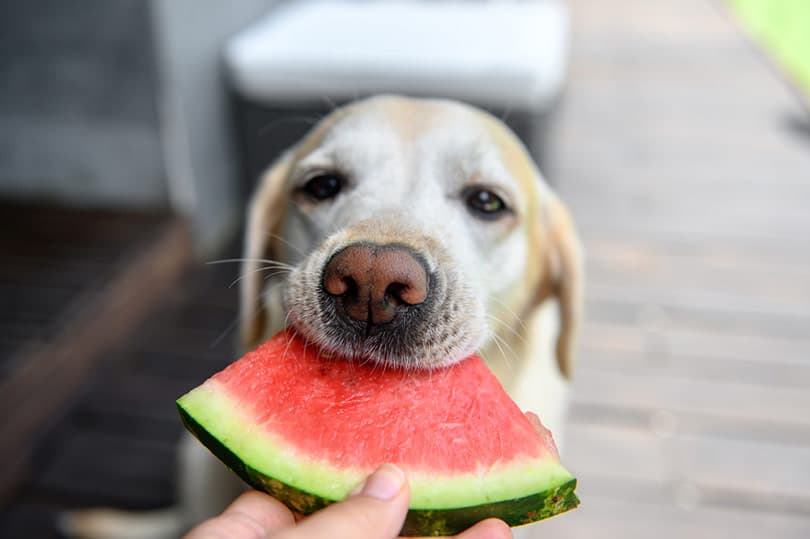
Just because sesame sticks don’t make an ideal snack for your dog doesn’t mean there aren’t other options out there. After all, sharing food is the ultimate act of love, right? So, if you want to spoil your four-legged best friend and offer them up some special treats you can share, here are some foods that are perfectly safe to feed occasionally and in moderation:
- Plain chicken
- Plain turkey
- Plain beef
- Plain salmon
- Plain sardines
- Green beans
- Carrots
- Blueberries
- Pumpkin
- Peanut butter
- Watermelon (without rind and seeds)
- Apples (without rind and seeds)
- Plain yogurt

Conclusion
Sesame sticks are not toxic to dogs and shouldn’t cause any problems if consumed. But they aren’t particularly healthy either, so they aren’t a food that should be added in as part of their regular diet or treat regimen. There are plenty of healthy, delicious human foods you can share with your dog in moderation, but make sure to always talk to your veterinarian before making any changes to your dog’s diet.
Featured Image Credit: danielle63, Pixabay



